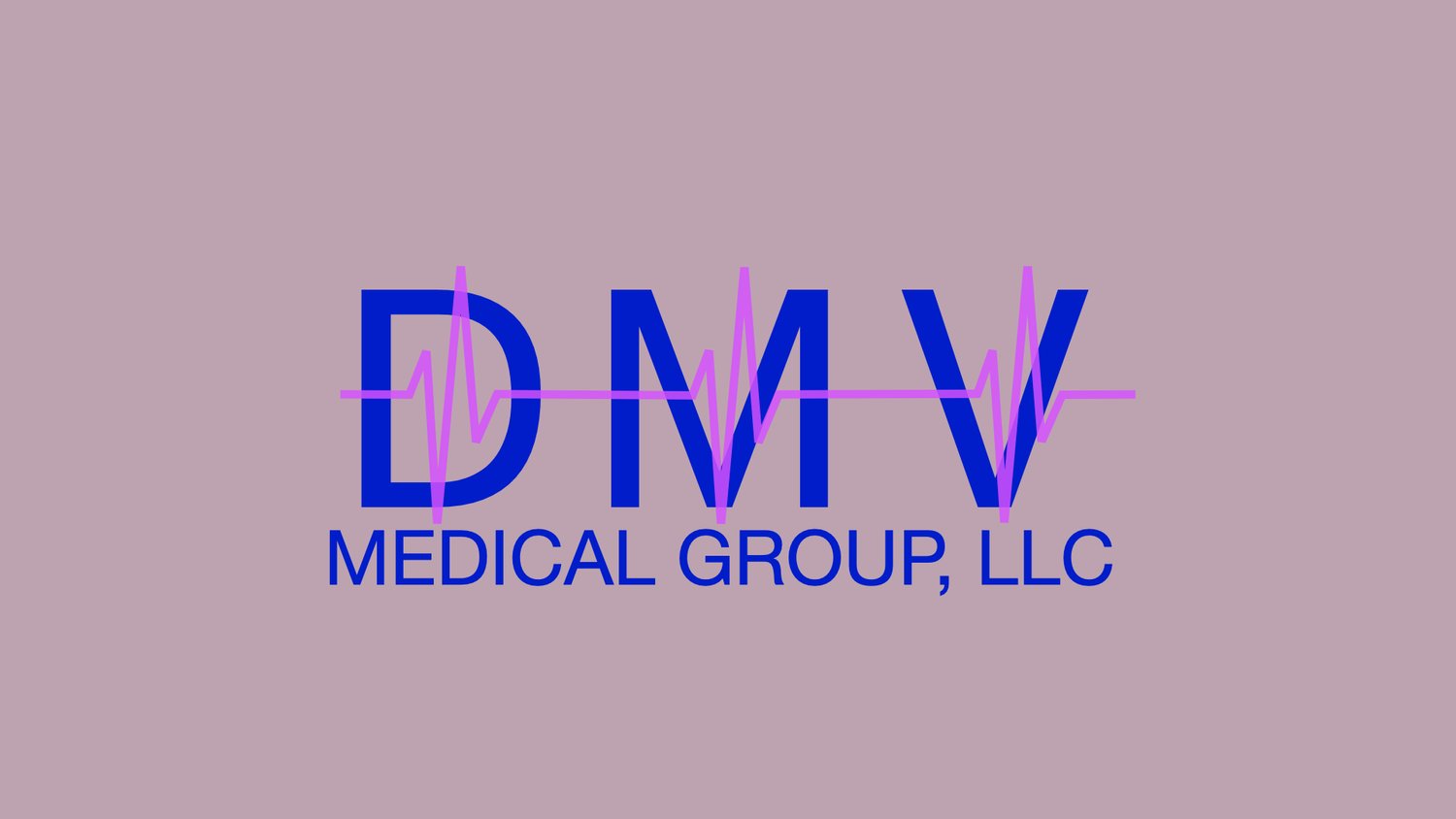The Vital Importance of Proper Medication Management in Mental Health Treatment
The Vital Importance of Proper Medication Management in Mental Health Treatment
Medications can play a crucial role in managing mental health conditions. However, their effectiveness is contingent on how they are taken. Proper medication management is a critical component of mental health treatment that can significantly impact an individual's well-being and quality of life. In this blog post, we'll explore why it's essential to take mental health medications as prescribed and the benefits of doing so.
I. Maintaining Medication Efficacy
1. Consistency is Key: Taking medications as prescribed ensures a consistent level of the drug in your system, which is essential for their effectiveness.
2. Stabilizing Symptoms: Proper medication management helps stabilize the symptoms of mental health conditions, allowing individuals to lead more productive and fulfilling lives.
II. Reducing the Risk of Relapse
1. Preventing Relapses: When mental health medications are taken as directed, the risk of relapses is significantly reduced. This means fewer setbacks and better long-term outcomes.
2. Avoiding Hospitalization: Consistent medication management can often prevent the need for hospitalization during severe episodes.
III. Enhancing Quality of Life
1. Improving Daily Functioning: Mental health medications can help individuals regain their ability to work, maintain relationships, and enjoy daily activities.
2. Boosting Self-esteem: Feeling in control of one's mental health through proper medication management can boost self-esteem and confidence.
IV. Minimizing Side Effects
1. Side Effect Management: Mental health medications may have side effects. By taking them correctly, healthcare providers can adjust the dosage or switch medications to minimize these side effects.
2. Avoiding Overmedication: Proper management prevents overmedication, which can lead to unnecessary side effects or drug interactions.
V. Effective Communication with Healthcare Providers
1. Monitoring Progress: Taking medications as prescribed allows healthcare providers to better monitor your progress and make necessary adjustments.
2. Open Dialogue: Effective communication about medication side effects, concerns, or improvements can lead to better, more tailored treatment.
VI. Reducing the Risk of Self-Medication
1. Self-Medication Risks: Failing to take prescribed medications can lead to self-medication with drugs or alcohol, which can exacerbate mental health symptoms.
2. Addiction Risk: Self-medication may increase the risk of addiction, making it even more challenging to manage mental health issues.
VII. Safeguarding Against Self-Harm
1. Managing Suicidal Thoughts: Some mental health medications are used to manage suicidal thoughts. Proper management is crucial to reducing this risk.
2. Preventing Self-Harm: Adequate medication management can also help prevent self-harm behaviors associated with certain mental health conditions.
Proper medication management is an essential aspect of mental health treatment. It ensures the efficacy of medications, reduces the risk of relapses, and enhances the overall quality of life for individuals dealing with mental health conditions. It minimizes side effects, fosters effective communication with healthcare providers, and reduces the temptation for self-medication. Ultimately, it plays a vital role in safeguarding individuals against self-harm and facilitating their journey toward recovery and well-being. If you or someone you know is struggling with mental health issues, remember that adhering to prescribed medication is a fundamental step on the path to healing and stability.

